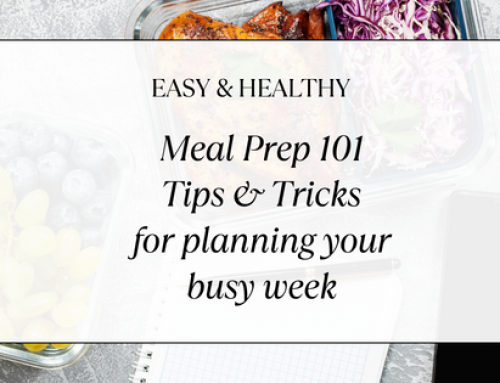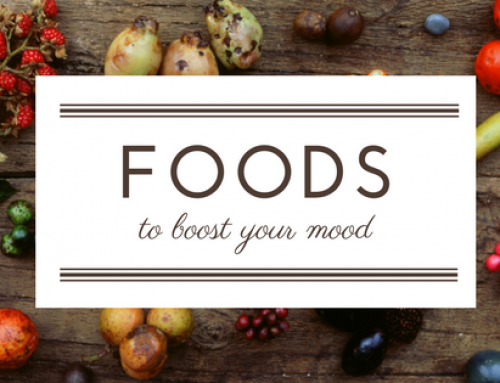“What vitamins do I need to take in order to not get sick?” This is probably one of the most common questions my clients ask me as soon as winter comes and the temperature drops.
With a vast array of products being marketed and advertised, it’s no wonder so many of us are at a loss as what to choose. So, maybe we can take a look at some of them and decide what we really need.
How can a supplement help me? It depends on one’s needs!
Vitamin C
It is mostly known for its immunity boosting abilities while also aiding skin regeneration and collagen production. It also increases the amount of iron absorbed by the body, which is extremely useful during the winter months.
Vitamin C supplements may not reduce the risk of colds, but they will reduce their duration and intensity. In order for this to happen though, you must take them regularly.
Also, let’s not forget that nature has taken care of our needs since winter fruits and vegetables are extremely good sources of vitamin C.
Vitamin D
Who doesn’t know the famous “sun vitamin”. During the winter we have an increased need for vitamin D! The limited amount of sunshine and overall shorter days make it harder for our body to produce the required quantities. Deficiency in vitamin D can affect bone health, throw down the body’s defenses, and cause changes in our mood.
People with bone and joint pain (which are usually more intense during the winter) and menopausal women need it even more since it helps calcium absorption.
Vitamin D can also be found in enriched foods, mushrooms, beef liver, salmon, egg yolks, sardines and cheese.
Omega 3 Fatty Acids
EPA and DHA are essential nutrients during the winter months as their list of health benefits goes a long way. Amongst others it includes reducing inflammation, boosting immune function, and optimizing brain function.
It is recommended to take 500 mg daily of combined EPA and DHA to in order to provide these benefits.
In addition, individuals in vegetarian or vegan diets can also find supplements with a high content of EPA and DHA derived from seaweed and other plant sources.
Rich in omega-3 fatty acids foods are fish oils and fatty fish (like salmon, herring, sardines, mackerel, fresh tuna etc.), while good plant-based sources are walnuts, linseed, soybean, and green leafy vegetables.
B Vitamins
These vitamins are actually a group of 8 vitamins. Also known as “the anti-stress vitamins” they are essential to combat the effects of stress. They are used to create the neurotransmitters that are responsible for maintaining our positive mood and play a key role in having a healthy nervous system. And let’s not forget that they also help in order to have a shiny skin and treat dry and cracked skin.
Vitamin B12 in particular could help us a lot during the colder months, as it has been shown to help people suffering from anxiety or depression. This is especially important during the winter when people are more at risk from depression, winter melancholy or seasonal affective disorder (SAD).
It is almost exclusively found in animal protein sources – meat, poultry, seafood, dairy, and eggs – so vegans are in danger of being inadequate, as they are unlikely to be able to obtain sufficient quantities through diet alone.
The supplement form of vitamin B12 can be either methylcobalamin, cyanocobalamin or adenosylcobalamin. The body converts cyanocobalamin to methylcobalamin making it the most readily bioavailable – which means it is absorbed more easily into the body.
Most people get the recommended amounts of these vitamins through their diet as we can find them in a big variety of foods. However, factors such as age, pregnancy, dietary choices, medical conditions, genetics, medication, and alcohol use increase the body’s demand for B vitamins and under these circumstances, it may be necessary to use a supplement.
Zinc
Several people experience sleeping problems during the winter. Because the sun sets earlier, our inner clock can be off-tuned. Zinc is a lesser-known winter supplement and can help us have a more restful sleep. Also, it helps balance hormones in the body. Its deficiency affects everything from skin health to immune health and the proper functioning of organs.
Zinc has a recommended intake of 8 – 12 mg per day (depending on the individual).
Through our diet, we can find it in meat, seafood, nuts, seeds, legumes, and dairy products.
So, what kind of vitamins do I need in order to be protected?
Our overall state of health and an assessment of our eating habits can show us what our needs really are.
Do not forget that nutritional supplements should act as a support and can not replace a well-balanced diet. If you feel that your diet is lacking, a registered dietitian can always point you in the right direction and suggest what you really need.
If you have any additional questions or suggestion for winter supplements I would really love to hear them!!!







